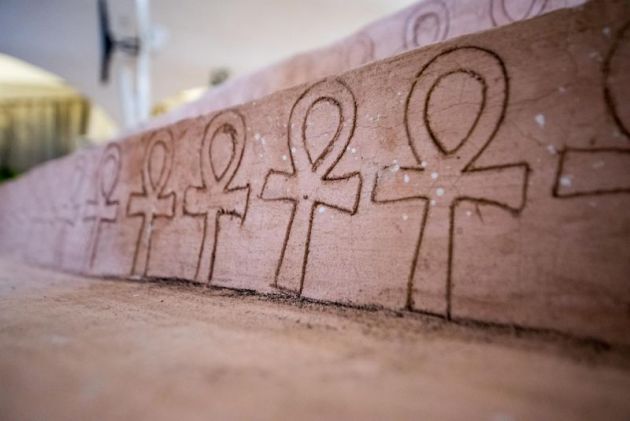Recalling Council of Nicaea can inspire call for Christian unity, says world churches head

Commemorating the 1,700th anniversary in 2025 of the Council of Nicaea is an inspiration to Christians today to work for the unity of the church, says Rev. Jerry Pillay, general secretary of the World Council of Churches.
The First Council of Nicaea, was a council of Christian bishops convened in the Bithynian city of Nicaea, now İznik in Turkiye. It was convened by the Roman Emperor Constantine I and it met May to the end of July AD 325.
At the Council of Nicaea, bishops representing the whole of Christendom gathered for the first time to discuss the faith and witness of the church.
"Recalling the significance of the Council of Nicaea renews our call for full visible unity, the cornerstone of the ecumenical movement," Pillay said in a greeting to a Feb. 8 webinar, "From Nicaea, Walking Together to Unity: The Beginning of a New Beginning."
"This journey, which we believe to be a vital part of the Pilgrimage of Justice, Reconciliation, and Unity on which we have embarked, reminds us that our goal is not just increasing theological agreement but a unity that is visible and tangible, reflecting the oneness of the body of Christ," he said.
The WCC's activities to commemorate Nicaea in 2025 will culminate in the Sixth World Conference on Faith and Order, to be held near Alexandra, Egypt, in October 2025, Pillay said.
Pillay's greetings were presented by the webinar's moderator, Nausikaa Haupt, ecumenical officer of the Catholic Diocese of Stockholm, Sweden, alongside those of the Ecumenical Patriarch Bartholomew; Cardinal Kurt Koch, president of the Vatican's Dicastery for Promoting Christian Unity; and Bishop Thomas Schirrmacher, general secretary of the World Evangelical Alliance, each coming from different church traditions.
The event was supported by Pasqua Together 2025 (Easter Together 2025), which is calling for all churches to celebrate Easter on the same date, as was agreed at the Council of Nicaea.
Over time, however, Eastern and Western Christianity developed different ways of calculating when Easter should fall, but in 2025 their calendars coincide and they will celebrate Easter on the same day.
"The quest for a common day to celebrate Easter is a symbol of our desire for unity," said Pillay. "Aligning our Easter celebrations would not only be a remarkable expression of unity but also a powerful witness to the world of our shared faith in the resurrection of Christ."
According to Encyclopedia Brittanica, the Nicene Creed, " is a Chrsitian statement of faith that is the only ecumencial creed ecause it is accepted as authoritative by the Roman Catholic, Eastern Orthodox, Anglican, and major Protestant churches.